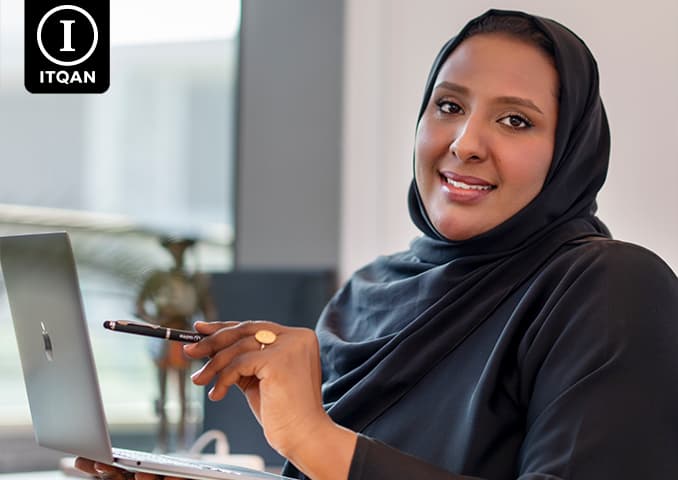Dubai is one of the world’s leading business destinations, attracting investments from all over the world thanks to its dynamic business environment and unique advantages. One of the great options for investors in Dubai is to set up a company in a free zone, which offers exceptional benefits that make it an attractive business destination.
Setting up a company in a Dubai free zone is a strategic move for many international entrepreneurs and investors. Free zones offer an ideal environment for business formation thanks to a range of incentives including 100% foreign ownership, tax exemptions on profits, and ease of repatriation. These benefits allow companies to benefit from a business environment free from the traditional challenges associated with taxes and local ownership.
Free zones also provide advanced infrastructure including modern offices, logistics facilities, and high-quality communications services, which contribute to facilitating business operations and facilitating growth and expansion. Moreover, administrative procedures in free zones are flexible and fast, which helps companies start operating faster and with less complexity.
Investing in Dubai’s free zones is not limited to tax and ownership benefits, but also includes government support for companies, including facilitation of obtaining licenses and work visas, in addition to a security environment that stimulates growth.
In this article, we will discuss the steps to establish a company in the Dubai Free Zone, the advantages it offers, and the most important points that investors should be aware of to ensure they make the most of this valuable investment opportunity.

How to set up a company in Dubai Free Zone
Establishing a company in a free zone in Dubai requires following specific procedures and taking into account some important points. Here are the general steps for establishing a company in a free zone in Dubai:
- Choosing a free zone: Choose a free zone in Dubai that suits your company’s activity, such as Dubai Multi Commodities Centre (DMCC) or Dubai South Free Zone.
- Choose the type of company: Select the type of company you want to establish, whether it is a sole proprietorship, limited company, or partnership.
- Choosing a company name: Make sure to choose a unique name for the company and check its availability and compliance with the laws of choosing trade names in Dubai.
- Submitting the required documents: Submit the company establishment application and the required documents to the relevant authority in the selected free zone.
- Determine the required capital: Determine the capital required to establish the company and place it in a dedicated bank account.
- Sign contracts and pay fees: Sign the necessary contracts and pay the fees required to establish the company.
- Obtaining licenses and permits: Obtain the necessary licenses and permits from local authorities and regulatory bodies.
- Company registration and receiving the license: After completing the procedures, the company will be officially registered and the commercial license will be received.
- Open a bank account: Open a bank account for the company, deposit capital and manage the company’s financial operations.
- Starting Business: After receiving the license and completing the procedures, you can start practicing your company’s business in the Dubai Free Zone.
Frequently Asked Questions About Setting Up a Company in Dubai Free Zone
What are the different types of companies that can be established in free zones?
Limited liability companies, branches of international companies, sole proprietorships, or other companies can be established depending on the requirements of each free zone.
How long does it take to set up a company in the free zone?
The incorporation process usually takes two to four weeks, depending on the free zone, type of company, and required documents.
Do investors have to come in person to set up the company?
In-person attendance may not be necessary in some cases, but it is preferred to attend to facilitate the procedures and avoid any delays.
Can companies in free zones deal with the local market in Dubai?
Generally, companies in free zones are mainly engaged in international trade, but they can deal with the local market through local agents or partners.
What are the legal obligations of companies in free zones?
Obligations include submitting periodic financial reports, complying with labor laws, and maintaining employee insurance.
